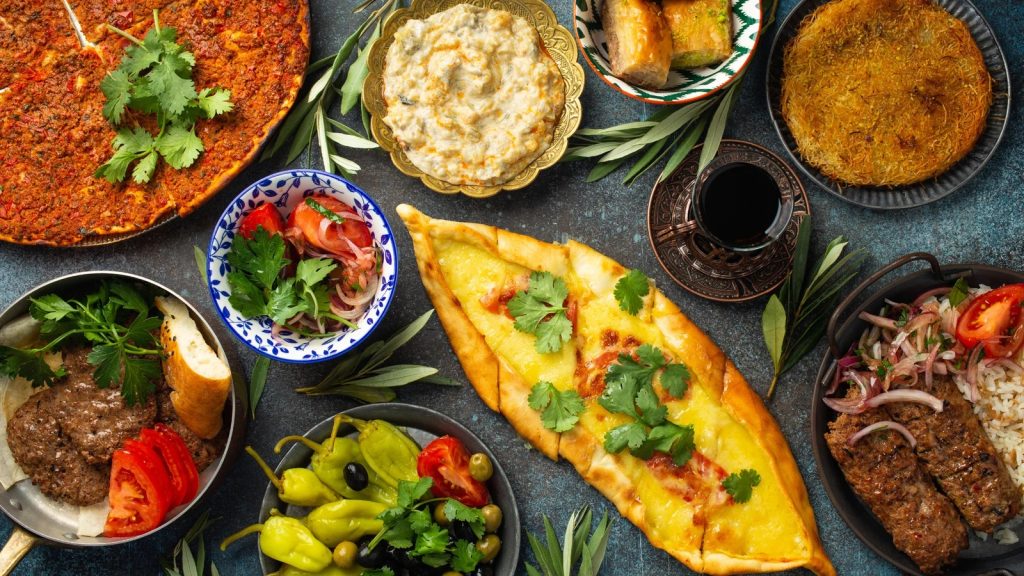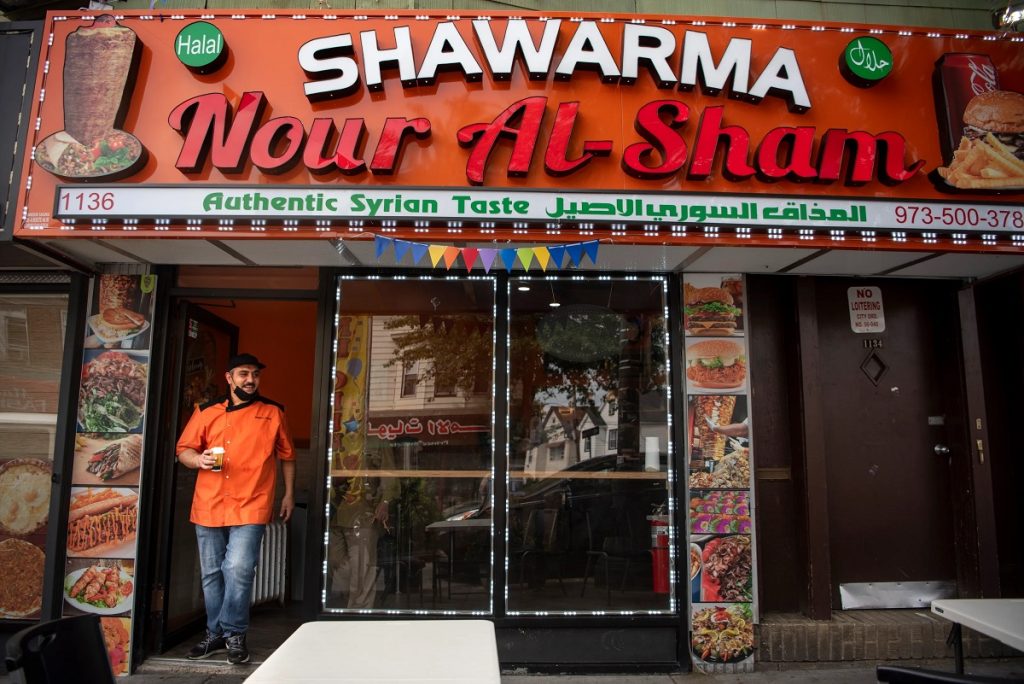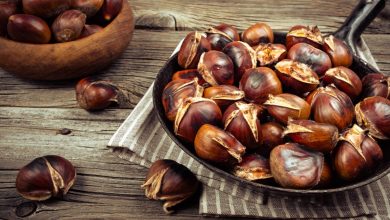Arab Halal Restaurants in New Jersey: Authentic Flavors and Community Roots
From Paterson’s “Little Ramallah” to Jersey City’s hidden gems, Arab halal restaurants in New Jersey celebrate culture, flavor, and faith.

New Jersey is home to one of the largest Arab and Muslim populations in the United States. With vibrant communities in Paterson, Jersey City, Clifton, and Newark, the state has become a hub for authentic Arab cuisine. At the heart of these communities are halal restaurants, which not only provide delicious food but also preserve cultural traditions, serve as gathering places, and reflect the rich diversity of the Arab world.
Paterson: The Heart of Arab Cuisine in New Jersey
Paterson, often nicknamed “Little Ramallah,” is famous for its bustling Arab markets, bakeries, and halal restaurants. Here, visitors can find Palestinian, Syrian, Lebanese, and Yemeni eateries offering everything from shawarma and falafel to maqluba, mandi, and knafeh Nabulsieh.
-
Al-Basha Restaurant – Known for Palestinian specialties and family-style dining.
-
Fattal’s Bakery – Offers fresh pita, zaatar bread, and authentic Middle Eastern groceries alongside its food counter.
-
Nouri Brothers Shopping Center – A landmark Arab supermarket that also hosts small eateries serving halal shawarma and pastries.

Jersey City and Newark: Modern Arab Flavors
In Jersey City, halal restaurants combine modern dining styles with authentic Arab recipes. Many establishments cater to younger generations looking for a mix of tradition and innovation.
-
Jerusalem Restaurant – Famous for its lamb kebabs and mezze platters.
-
Mecca Grill – Offers a variety of halal Mediterranean and Arab dishes, popular among students and professionals.
Meanwhile, Newark’s Arab halal spots thrive near university campuses and business centers, serving fast, affordable meals without compromising authenticity.
Yemeni and Gulf Cuisine in Clifton and Beyond
New Jersey is also a destination for lovers of Yemeni cuisine, which has grown in popularity across the U.S. Clifton is home to several Yemeni restaurants specializing in mandi (slow-cooked lamb and rice), saltah (a hearty stew), and freshly baked tandoor bread.
These restaurants not only serve food but also function as community spaces, where families and friends gather after mosque prayers or during Ramadan iftar.
Why Halal Matters
For Muslim families, halal certification guarantees not only that food meets religious dietary requirements, but also reassures them of quality and ethical preparation. Arab halal restaurants in New Jersey take pride in sourcing fresh ingredients, offering hospitality, and maintaining ties to cultural heritage.

Conclusion
Arab halal restaurants in New Jersey are more than dining spots—they are cultural ambassadors that preserve identity, welcome diverse communities, and offer everyone a taste of authentic Arab hospitality. Whether in Paterson’s Arab markets or Jersey City’s trendy food spots, halal dining continues to flourish, making New Jersey a true culinary destination.



